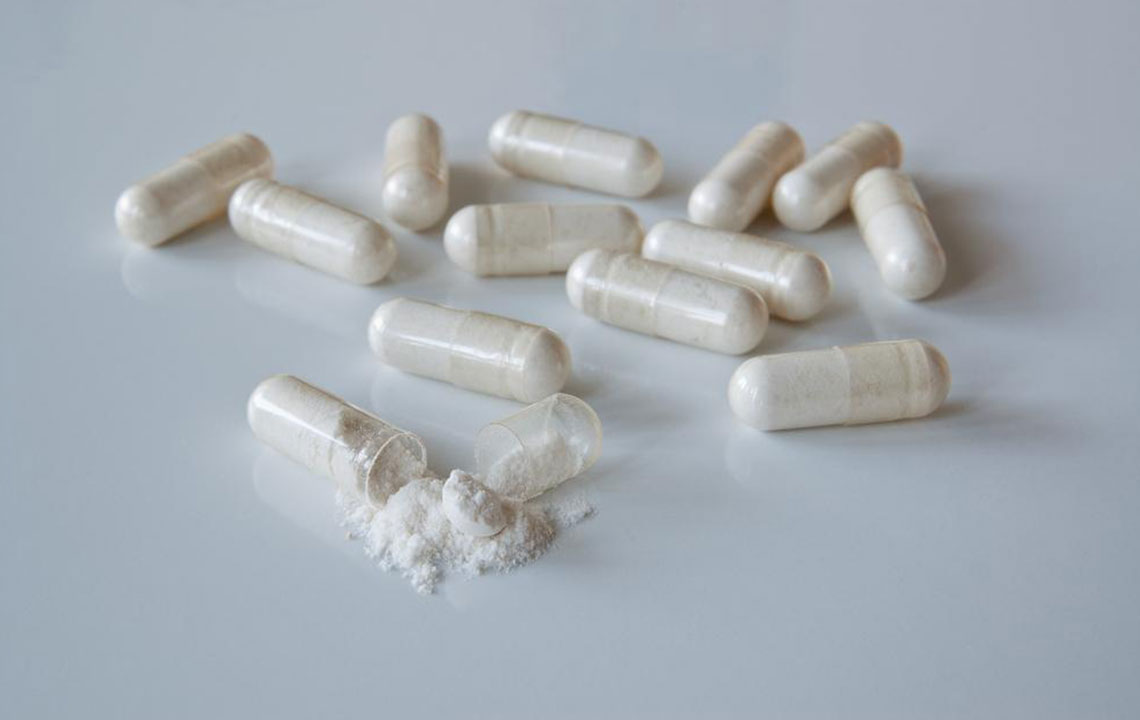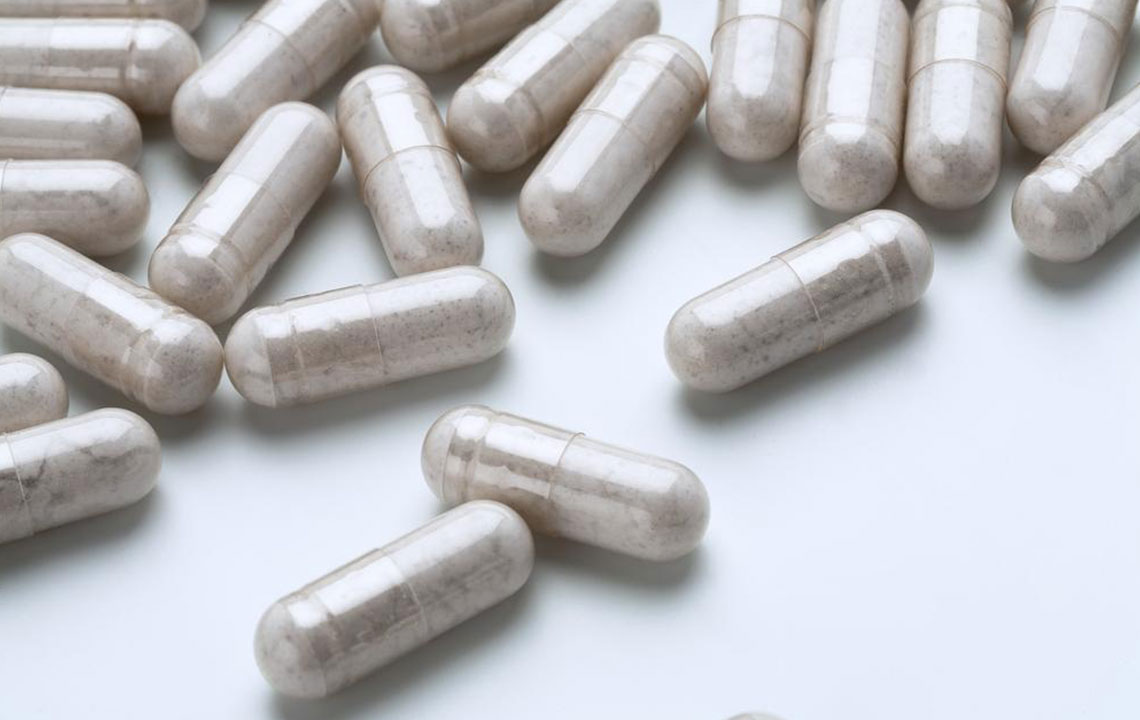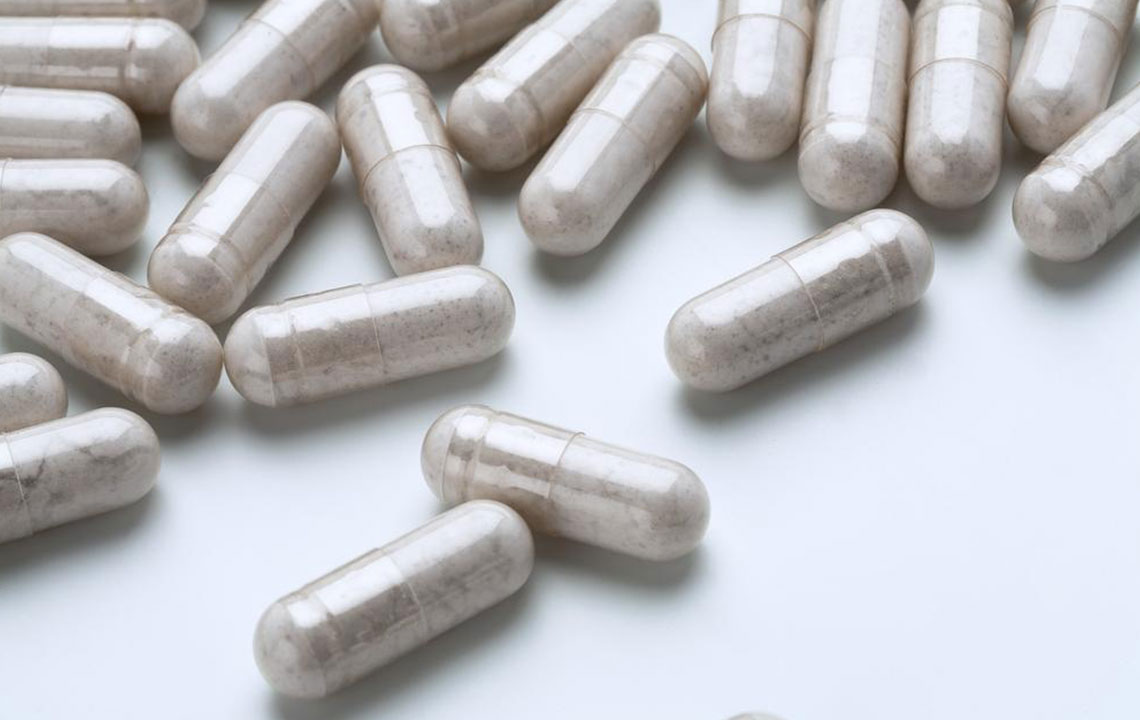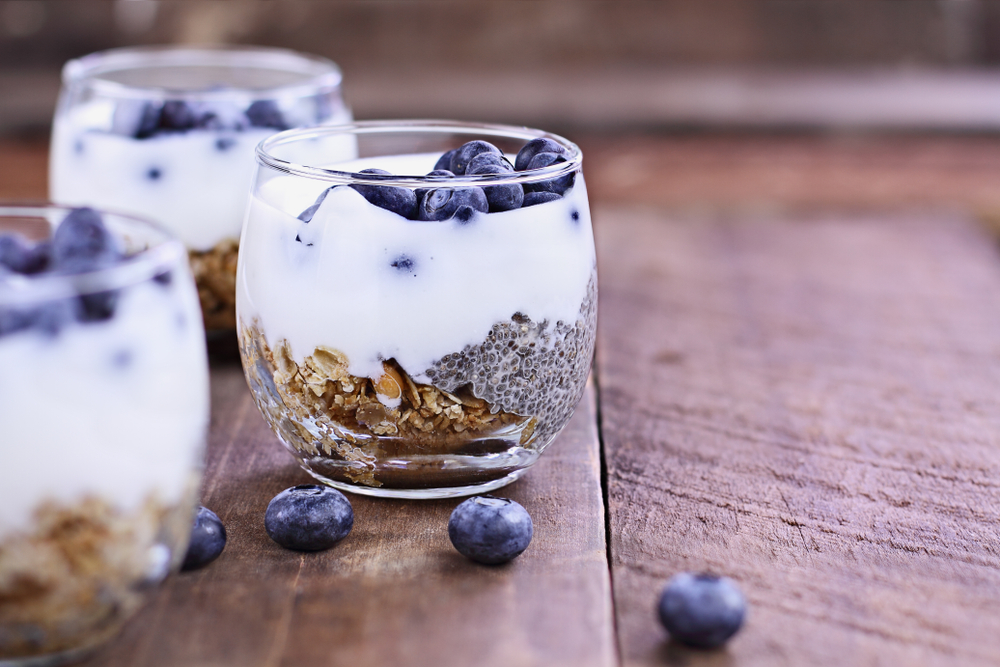In-Depth Guide to Using Probiotics for Effective Diarrhea Relief
This comprehensive guide explores the causes of diarrhea, the vital role of probiotics, and how to choose the right strains for effective relief. Learn effective strategies including diet, hydration, and probiotic supplementation to promote gut health and manage diarrhea efficiently. Suitable for all ages, this article offers practical advice to restore digestive balance swiftly and safely.
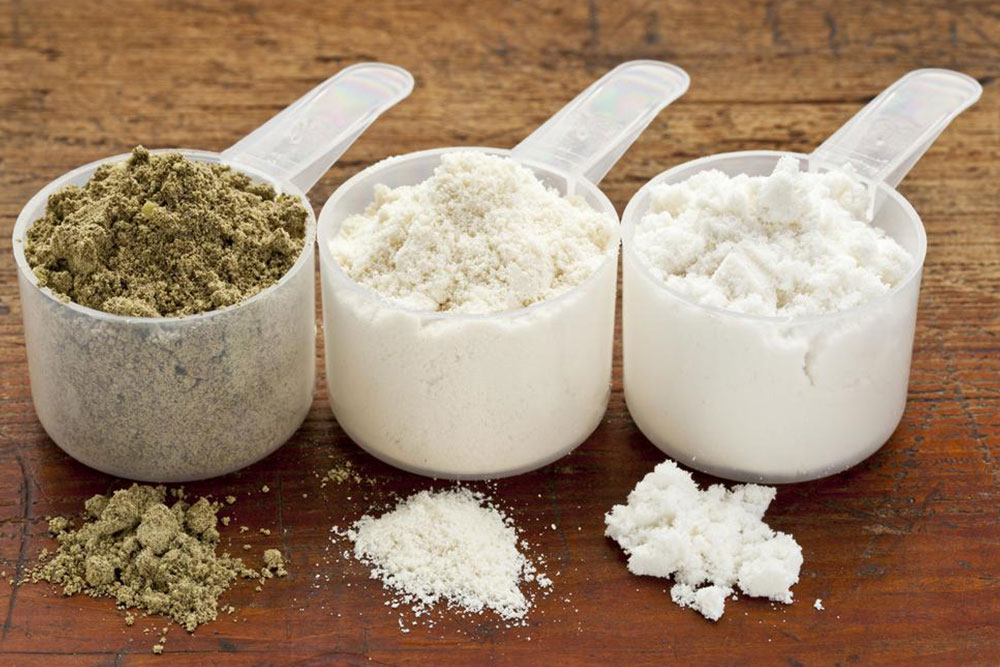
In-Depth Guide to Using Probiotics for Effective Diarrhea Relief
Diarrhea is a common gastrointestinal issue that affects millions worldwide at some point in their lives. It can be uncomfortable, inconvenient, and sometimes even dangerous if not managed properly. Characterized by frequent watery stools, abdominal cramps, bloating, and urgency, diarrhea arises from various disruptions within the digestive system. Most cases resolve within a couple of weeks without specific treatment, but relief can often be accelerated through targeted remedies, particularly probiotics. This comprehensive guide aims to explore the causes of diarrhea, the role of probiotics in alleviating symptoms, and how to select the right probiotic strains to help restore digestive health effectively.
Understanding the Causes of Diarrhea
To manage diarrhea effectively, knowing its underlying causes is essential. Several factors can contribute to this condition, including infections, dietary habits, medication, and underlying health issues. Here are some common reasons why diarrhea occurs:
Food poisoning caused by contaminated food or water supplies that introduce harmful bacteria, viruses, or parasites into the digestive system.
Bacterial, viral, or parasitic infections such as norovirus, rotavirus, Salmonella, or Giardia, which can trigger acute diarrhea episodes.
Recent use of antibiotics that disrupt the natural balance of gut microbiota, leading to antibiotic-associated diarrhea.
Consumption of contaminated or untreated water, especially in regions with poor sanitation, exposing individuals to pathogens.
Chronic health conditions like inflammatory bowel disease (IBD), Crohn's disease, or ulcerative colitis that cause ongoing gastrointestinal inflammation.
Food intolerances and allergies, such as lactose intolerance, which can induce diarrhea after certain food intake.
Stress and emotional factors that impact gut motility and digestion.
Understanding these causes helps inform the selection of appropriate remedies, including probiotics, which can help restore balance and promote gut healing.
Why Probiotics Are a Game-Changer in Managing Diarrhea
Probiotics are live beneficial bacteria and yeasts that, when consumed in adequate amounts, provide health benefits—especially for the digestive system. Their primary role in managing diarrhea is to enhance and restore the natural microbial flora in the gut, which often gets disturbed during episodes of illness or after antibiotic treatment.
Probiotics help maintain a healthy microbial balance, which is vital for optimal digestion, absorption of nutrients, and immune defense. By introducing beneficial microorganisms, they can outcompete pathogenic bacteria, reduce inflammation, and promote the regeneration of healthy gut tissues. Common probiotic strains such as Lactobacillus, Bifidobacterium, and Saccharomyces boulardii are well-researched for their efficacy in preventing and alleviating diarrhea.
How Probiotics Alleviate Diarrhea Symptoms
When the gut's natural microbiota is disrupted—due to infection, antibiotics, or other factors—the delicate balance that keeps digestion functioning smoothly is impaired. This can result in diarrhea, bloating, and other gastrointestinal discomforts. Introducing probiotics can help rectify this imbalance through several mechanisms:
Replenishing beneficial bacteria: They restore microbial diversity, vital for digestion and immune health.
Inhibiting pathogenic bacteria: Probiotics compete for nutrients and attachment sites, preventing harmful bacteria from proliferating.
Strengthening gut barrier functions: They promote the integrity of intestinal lining, reducing permeability and inflammation.
Modulating immune responses: Certain strains stimulate immune cells, helping to fight infections.
For example, Saccharomyces boulardii is a yeast-based probiotic proven effective against various forms of diarrhea, including traveler’s diarrhea and antibiotic-associated diarrhea. However, caution is necessary for immunocompromised individuals, as certain strains can pose risks.
Selecting the Right Probiotic Strains for Specific Diarrhea Types
Effectiveness depends largely on choosing the appropriate probiotic strains based on the cause of diarrhea. Different strains have unique properties suited for various conditions. Here are some tailored recommendations:
For children: Strains such as Lactobacillus reuteri, Saccharomyces boulardii, and Lactobacillus Rhamnosus have demonstrated safety and efficacy, especially in rotavirus-induced diarrhea.
Antibiotic-associated diarrhea: Administering Lactobacillus strains like L. rhamnosus and Bifidobacterium bifidum alongside antibiotics can help prevent or lessen diarrhea caused by dysbiosis.
Traveler’s diarrhea: Saccharomyces boulardii, Lactobacillus acidophilus, and Bifidobacterium bifidum are popular choices for maintaining gut health on the move.
Complicated infections and colitis: Saccharomyces boulardii is effective in preventing recurrence and managing symptoms of C. difficile infections and colitis.
Chronic inflammatory bowel disease (IBD): Incorporating specific probiotic blends may assist in managing Crohn’s disease and ulcerative colitis, though always under medical supervision.
Effective Strategies for Managing Diarrhea
Besides probiotics, other supportive measures are critical for recovery:
Hydration: Maintaining adequate hydration is paramount. Drink plenty of fluids—preferably water, oral rehydration solutions, and electrolyte drinks. Avoid alcohol, caffeine, dairy, and sugary sodas that can aggravate symptoms, especially in children and seniors.
Medication use: Over-the-counter options like loperamide and bismuth subsalicylate can provide symptomatic relief. These should be used cautiously and ideally under medical advice, especially if symptoms persist beyond 48 hours or worsen.
Diet modifications: Consume easy-to-digest, low-fiber foods such as bananas, rice, applesauce, toast (the BRAT diet), as well as plain boiled chicken, oatmeal, and baked potatoes. These foods help minimize digestive stress and promote healing.
Monitoring and seeking medical advice: If diarrhea persists beyond two weeks, is accompanied by fever, blood in stools, or severe dehydration, consult healthcare providers promptly for further investigation and treatment.
Incorporating proper probiotic intake, hydration, and dietary adjustments can significantly improve recovery outcomes. With a tailored approach, diarrhea management becomes more effective, reducing discomfort and preventing complications.

